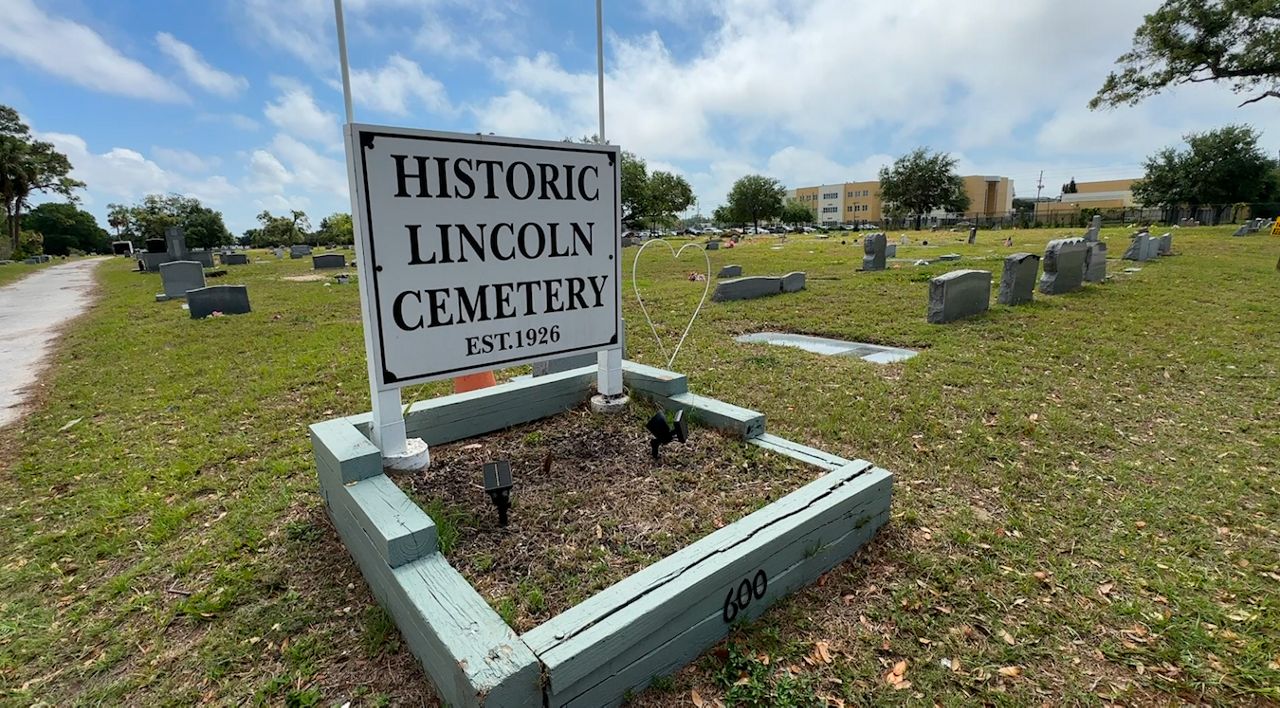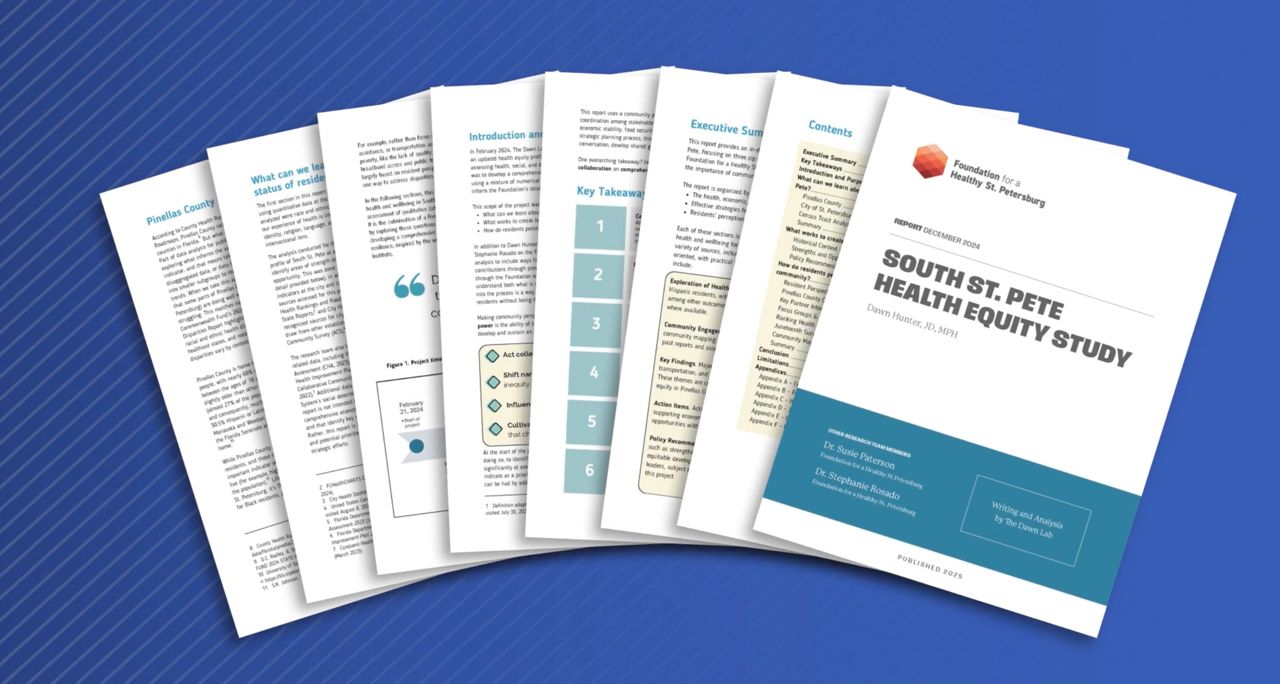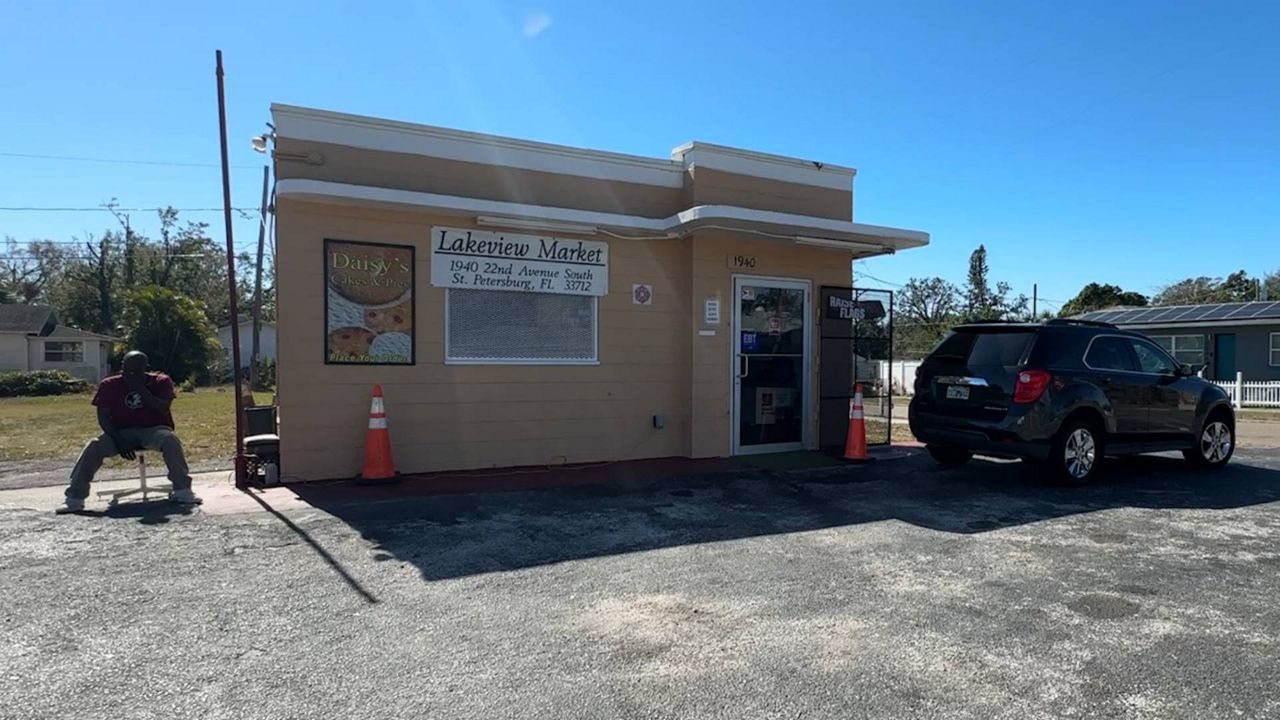PINELLAS COUNTY, Fla. — The recent death of three-time Olympian, Tori Bowie, has the topic of mortality rates for Black mothers and Black infants, back, front and center.
According to a study from the National Bureau of Economic Research, in California, even the wealthiest Black woman is at a higher risk of dying while giving birth than a low-income white woman.
Depending on the publication, the numbers vary nationwide for the mortality rates for Black mothers who die while giving birth.
According to the CDC, data in 2021 shows Black mothers are 2.6 times more likely to die during childbirth compared to their white counterparts.
In a study from the National Institutes of Health from 2011 to 2014, those numbers showed Black women dying at four times the rate of their white counterparts.
There are similar, deadly numbers for Black infants. According to the Department of Health and Human Services, Black Americans have 2.4 times the infant mortality rate as non-Hispanic whites.
Here in Florida, the health disparity has medical professionals and Black mothers seeking solutions.
Paula Jernigan and her family want to be part of the solution. Jernigan is a mother of two. She just gave birth a couple months ago to her son, Decarious.
“My delivery was, I would say, amazing, besides the fact I was in so much pain,” she said.
It’s pain she said she braced herself for between taking pregnancy portraits and planning for her delivery.
“You try to steer away from thinking about what can go wrong and try to think more positively,” Jernigan said.
But she also wanted to be prepared.
“You know when you’re pregnant, you go to looking up things,” said Paula.
So, she said she researched tennis star Serena Williams and her difficult birthing experience. She also heard about the tragic story of three-time Olympian, Tori Bowie, who died recently while in labor. Then, she looked at her own circle and she said what she heard from her friend who just gave birth was scary.
“Her pain was overlooked. A lot of things were overlooked. And it wasn’t because she isn’t educated because she is a nurse, just like I am. It wasn’t because of status or anything like that, it was just because honestly the only thing I can think of is it’s because she’s Black,” Jernigan said.
Jernigan said it’s a reflection of the medical racism, bias and barriers to health care that Black Americans sometimes endure and it’s something CDC data substantiates.
“But it’s like, what can you do to solve it? You kind of just have to go in knowing yourself, doing your own research and calling things out when you see fit,” said Jernigan.
So, when Dr. Nichelle Threadgill with Evara Health was presented $2 million in federal funding to curb those deadly numbers, she got to work.
“We want to be hearers,” Threadgill said. “I think that’s certainly one of the elements we continue to see and hear in stories of moms who have had negative outcomes. Is that they did not bring information, or they did not feel when they communicated information it was heard?”
She says they’ll start with something we all use: technology.
“We will use technology, because one of the things we know is there are certainly ways to expand our reach using technology. So using remote patient technology and patient monitoring kits will allow us to engage multiple moms at any one time, said Dr. Threadgill.
Visiting the homes of expectant mothers to check on their environment and transportation options are all part of the medical group’s plan. They will also be monitoring each mother’s heart rate, blood pressure and doctor’s visits using technological devices like an iPad.
“I don’t think there is one answer, but I think there are many answers and many things to address and really make a difference,” said Threadgill.
Evara Health was the only medical group in Florida to receive this most recent federal funding to combat this issue.










